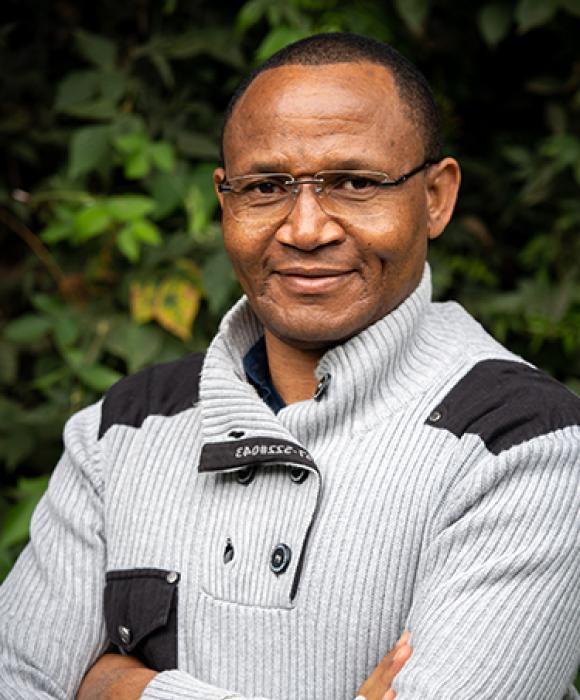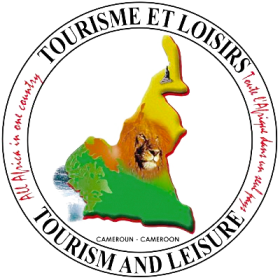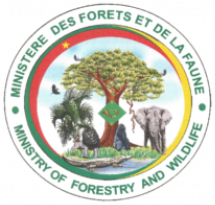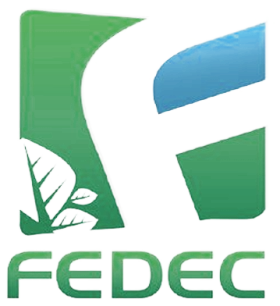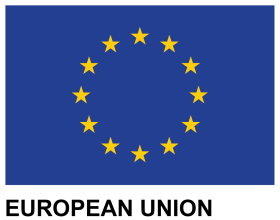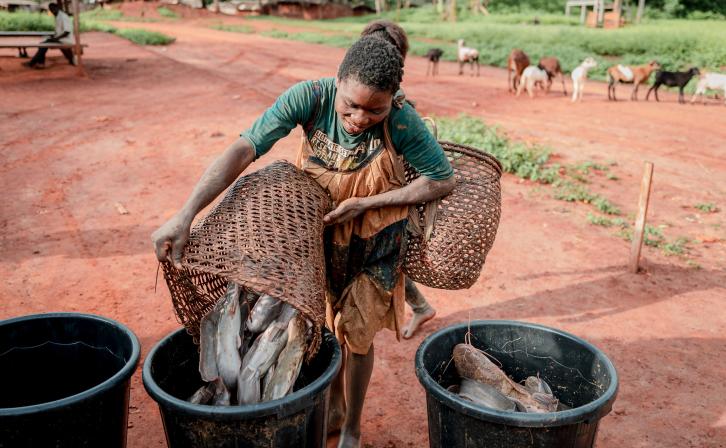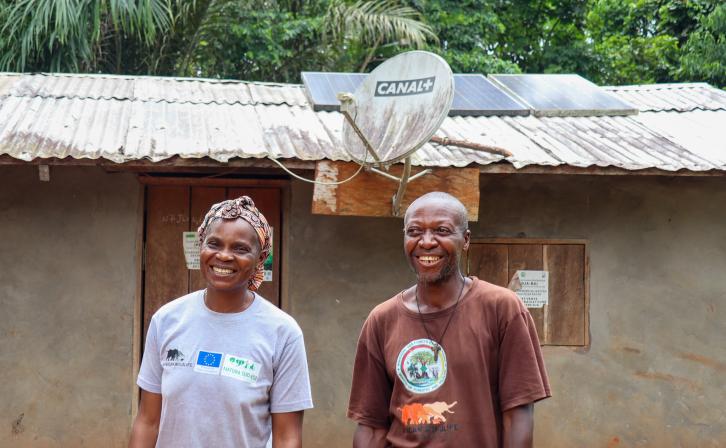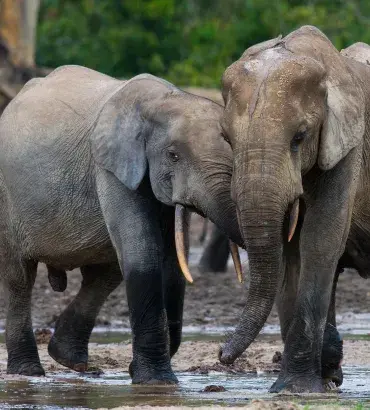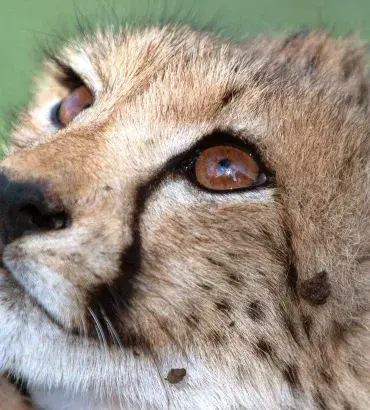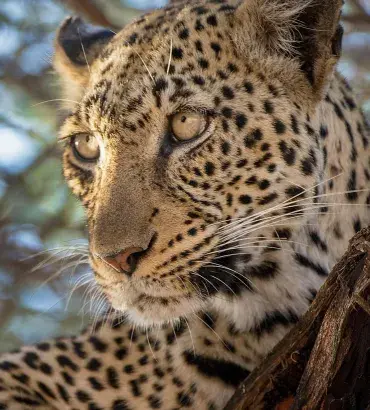Cameroon
Unsustainable development and poaching threaten the rich biodiversity of this Central African country known as “Africa in miniature.” To sustain Cameroon’s natural heritage, we combine policy engagement with people-centered, rights-based conservation, collaborating with communities to develop innovative conservation solutions.
Our holistic field programs aim to deliver results that align with the Cameroon government’s sustainable development aims. Activities include:
- Developing alternative livelihoods such as cocoa-based agroforestry, which generates revenue, produces food, and cosmetic products
- Supporting local communities and Indigenous people in the sustainable management of natural resources
- Increasing the effectiveness of anti-poaching efforts by providing tracking technology and equipment to rangers and community scouts
- Conducting biomonitoring to inform management decisions
- Creating and supporting a network of local ambassadors who mediate and strengthen communications around resource conflicts
Our conservation efforts in three landscapes benefit endangered and at-risk species including forest elephants, western lowland gorillas, and leopards.
See how an AWF-implemented fish farming project has brought training and resources to an Indigenous community.
AWF in Action
Seeding Sustainable Value Chains
Discover how conservation is protecting wildlife and generating opportunities for people.

Building a Post-Hunting Wildlife Economy in Dja
We increase income, food security, and sustainability by providing alternative livelihoods to bushmeat hunting, poaching, and unsustainable agriculture. We've trained people in improved cocoa farming, fish farming, and sustainable harvesting of non-timber forest products (NTFPs) like njansang and moabi. We also contributed to community resilience by improving market access and pricing as well as providing transportation for communities who gather NTFPs and cocoa.
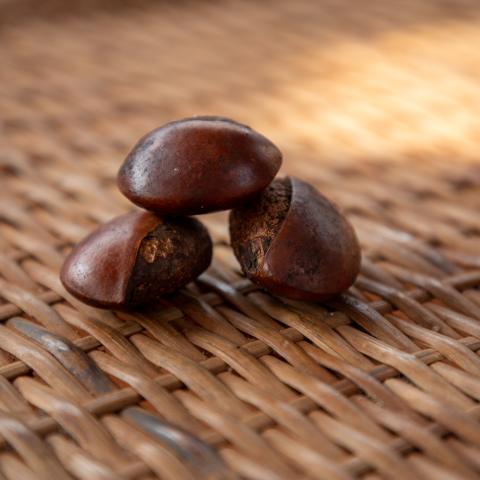
Strengthening Wildlife Protection
We supported Cameroon’s wildlife ministry in developing a five-year anti-poaching strategy for Campo Ma’an National Park and have ensured that the park’s staff is equipped with the latest anti-poaching and ecological monitoring tools and knowledge. Armed with GIS-based tracking equipment, AWF-trained rangers have helped reduce poaching by seizing large caches of bushmeat, snares, and firearms. With our assistance, the ranger units boosted patrol days from slightly more than 5,000 to more than 10,000 per year.
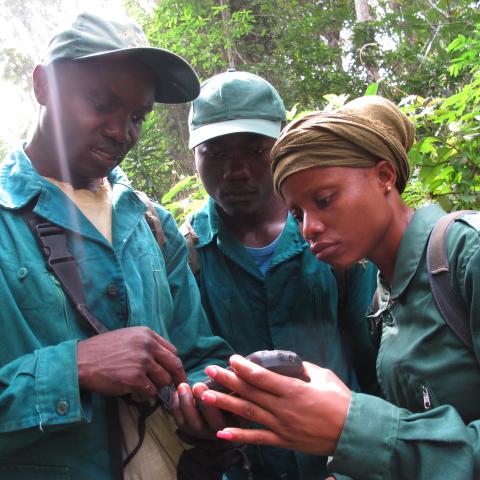
Promoting New Livelihood Models
Together with us, communities in the Faro landscape generate income and improve food security. AWF and the World Agroforestry Center, for instance, collaborated with local people around Faro to establish the Tchamba Rural Resources Center, which functions as a springboard for agroforestry cultivation. The center's nursery has cultivated and distributed to communities approximately 8,000 indigenous tree seedlings, including moringa, anacardium, mangifera, guava, pawpaw, and citrus.
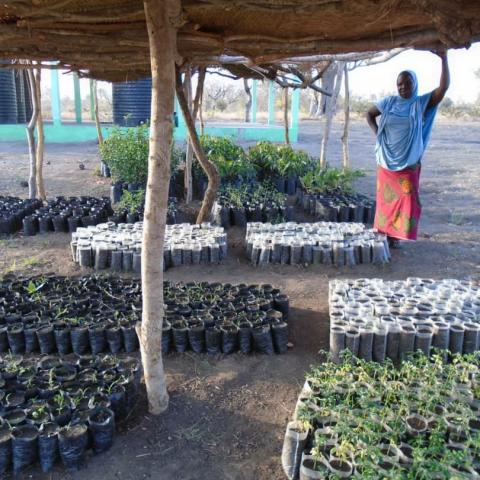
Participatory Planning Benefits People and Wildlife Around Dja Faunal Reserve
We bring together everyone in and around Dja Faunal Reserve with a vested interest—including community members, government officials, and Indigenous peoples—to shape conservation strategy. With our technical assistance, the parties have created strategies that prioritized not only wildlife protection but also the improvement of local livelihoods.
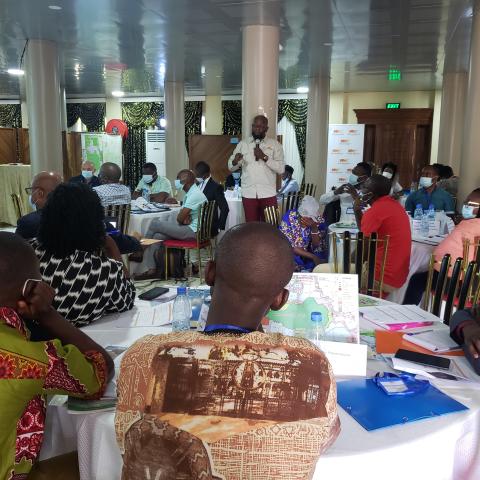
Building Wildlife Economies
Local and indigenous populations around Campo Ma’an are natural resource stewards. They depend on forest resources, which are threatened by human pressure and development. We and our partners are implementing livelihood activities here to diversify and improve sources of income—empowering Indigenous and rural communities while reducing pressure on wildlife and biodiversity. The projects include community agroforestry plantations (cocoa and rubber); small-scale farming of crops such as cassava, plantain, corn, peanuts, and egusi; and defining the market value of non-timber forest products.
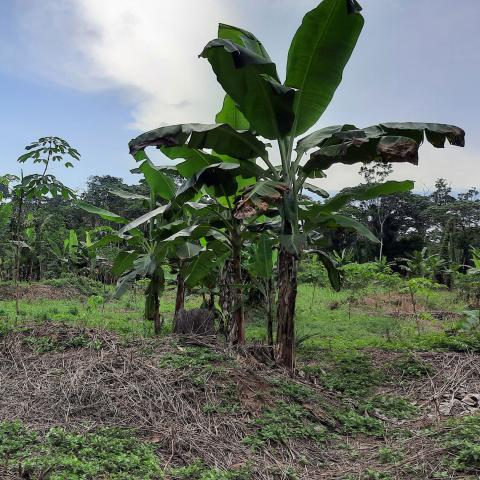
Addressing Conflict Over Natural Resources
We support communities around Faro National Park in developing land-use plans, which improve natural-resource management by delineating multi-use zones. We also helped create a local “diplomacy network” of local community members to mediate conflict and foster two-way communication between incoming herders and those already grazing and farming in the area. As a result, groups traditionally in conflict over land use are collaborating to establish corridors and improved grazing areas for seasonal cattle pasture and passage.
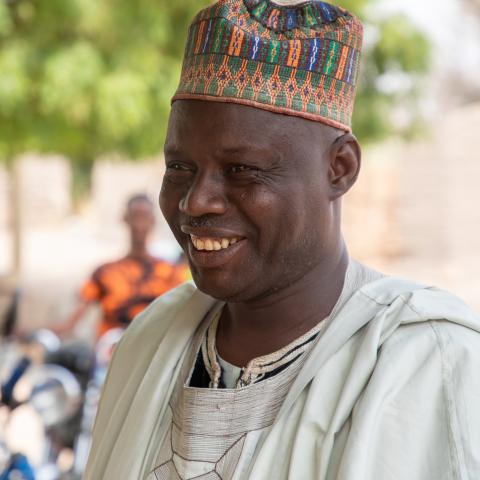
We work with the people of Cameroon for wildlife. Our strategic, implementing, and funding partners include:
See More of Our Work
Wildlife We Are Protecting
